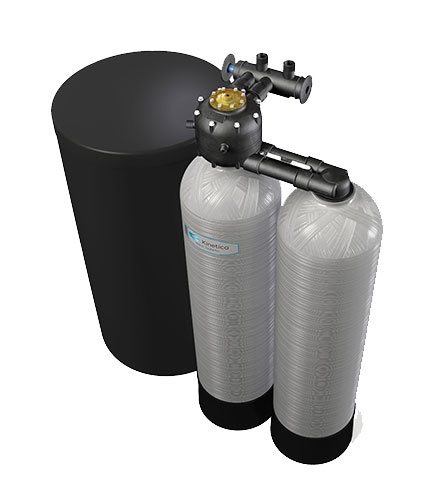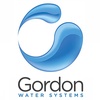Hard water can be a nuisance, causing limescale buildup in pipes, reducing the effectiveness of soap and detergent, and leaving spots on dishes and fixtures. Fortunately, a water softener system can remedy these issues, providing you with softer, more manageable water for your home. However, with various types and models available, choosing the right water softener system can be daunting. In this guide, we'll walk you through the key factors to consider to ensure you select the perfect water softener for your household needs.
Understanding Your Water Hardness: Before diving into selecting a water softener, it's crucial to understand the hardness level of your water. You can either purchase a water hardness testing kit or contact your local water utility for a water quality report. Water hardness is typically measured in grains per gallon (GPG) or milligrams per liter (mg/L). Knowing your water hardness will help determine the size and capacity of the water softener you need.
Types of Water Softeners: There are several types of water softener systems available, each with its own pros and cons:
- Salt-Based Ion Exchange Water Softeners: These traditional water softeners use resin beads to remove calcium and magnesium ions from the water, replacing them with sodium ions. They require periodic salt refills and are best suited for moderate to high levels of water hardness.
- Salt-Free Water Conditioners: Salt-free water conditioners use different technologies like Template Assisted Crystallization (TAC) or chelation to neutralize minerals in the water without removing them. While they don't require salt or electricity, they're generally less effective for very hard water.
- Dual-Tank Water Softeners: Dual-tank systems feature two resin tanks, allowing for continuous soft water supply even during regeneration cycles. They're ideal for larger households with high water usage.
- Magnetic or Electronic Water Descalers: These devices claim to alter the structure of minerals in the water through magnetic or electronic fields, reducing scale buildup. However, their effectiveness is debated, and they may not provide the same results as traditional water softeners.
Consider Your Household Size and Water Usage: The size of your household and your daily water usage will influence the capacity of the water softener you need. Larger households with more occupants and higher water consumption will require a larger-capacity system to ensure an adequate supply of soft water. Additionally, consider factors such as the number of bathrooms, frequency of laundry, and usage of appliances like dishwashers.
Evaluate Installation and Maintenance Requirements: Before making a decision, assess the installation and maintenance requirements of different water softener systems. Salt-based water softeners typically require more maintenance, including periodic salt refills and resin bed cleaning. On the other hand, salt-free systems may have lower maintenance needs but could have higher upfront costs. Consider your preferences, budget, and willingness to perform maintenance tasks when choosing a system.
Factor in Cost and Efficiency: When comparing water softener systems, consider both the upfront costs and long-term operating expenses. While salt-based systems may have lower initial prices, ongoing expenses for salt and water usage should be taken into account. Salt-free systems may have higher upfront costs but lower operating expenses over time. Additionally, consider the efficiency of the system in terms of water and salt usage to minimize waste and reduce environmental impact.
Conclusion: Choosing the right water softener system for your home requires careful consideration of factors such as water hardness, household size, installation requirements, and cost. By understanding your specific needs and evaluating the features of different systems, you can select a water softener that will provide you with soft, high-quality water for years to come. Whether you opt for a traditional salt-based system or a salt-free alternative, investing in a water softener will bring numerous benefits to your household, from cleaner dishes and softer laundry to improved appliance longevity and plumbing system efficiency.


No comments yet